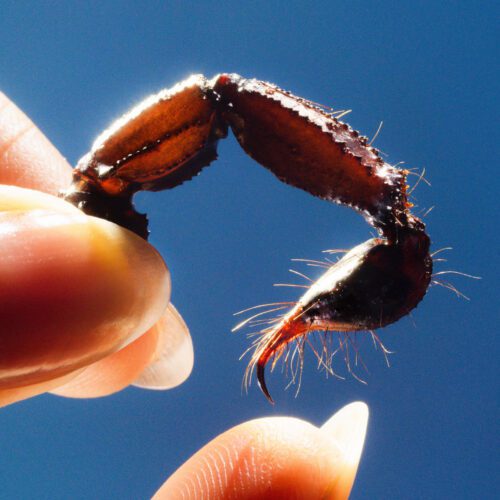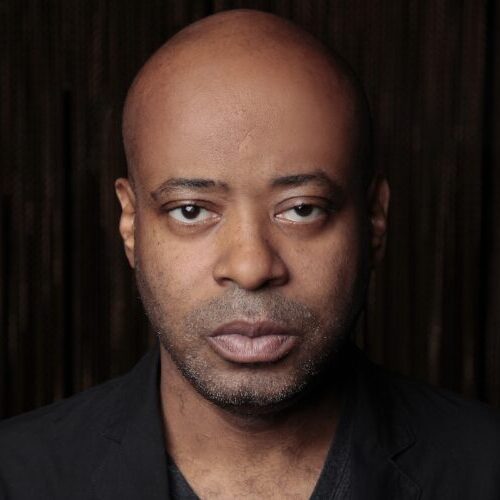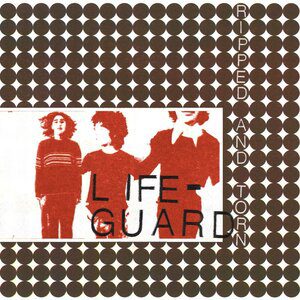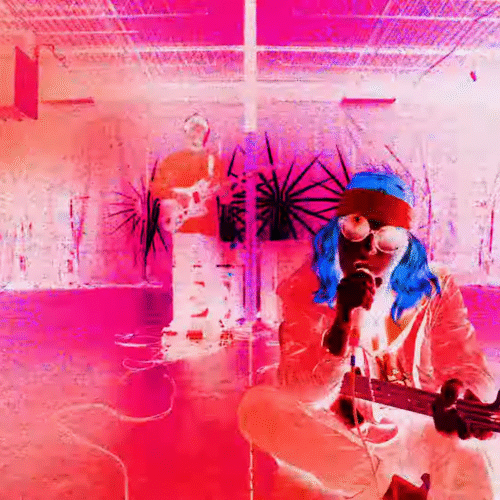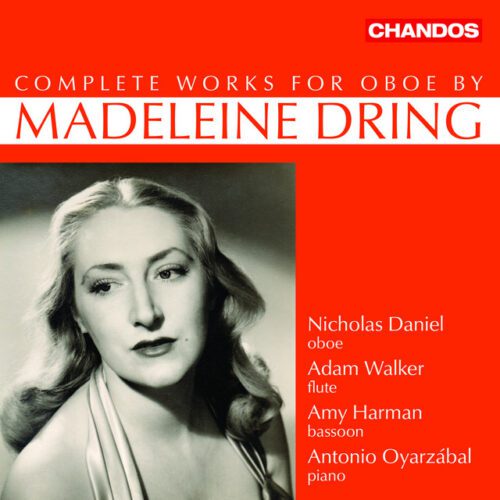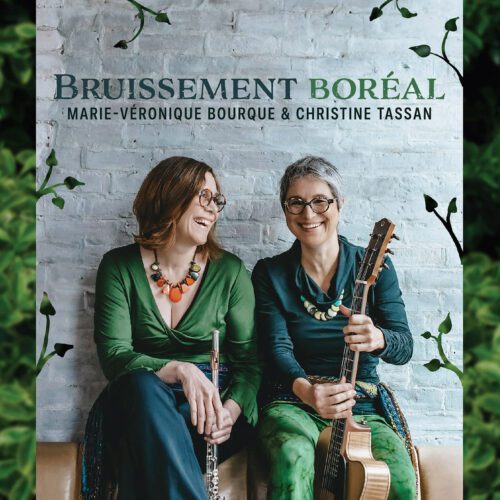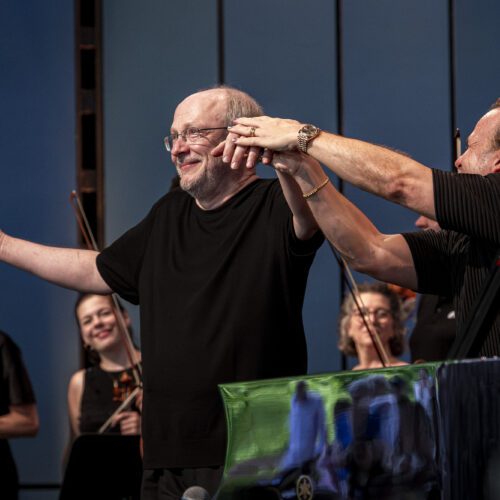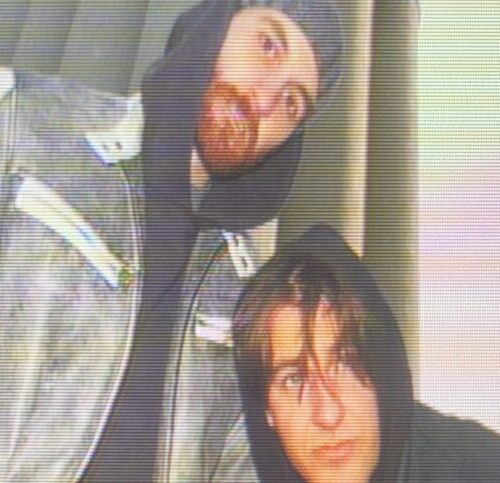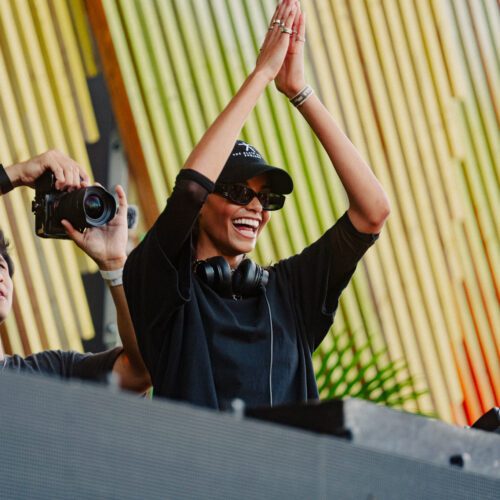It took me a while to really dig into Squid’s new album, Cowards, perhaps cause I really love the unhinged post punk energy on their debut Bright Green Field, and thought O Monolith got more rocky. With Cowards, Squid seem determined to shed their skin once more—this time emerging as something quieter, slower, and significantly more abstract. It’s a bold pivot, but one that too often lands with a dull thud for me, instead of the intended gut punch.
The album trades the band’s signature jagged rhythms and manic energy for murky storytelling and subdued orchestration. There are strings, horns, harpsichords—even choirs—but they rarely coalesce into anything memorable. While their debut Bright Green Field was bristling with urgency, Cowards meanders, weighed down by its own thematic ambitions. It wants to be heavy in a literary, meditative sense, but too often feels simply inert. It’s a descent into moral murkiness that forgets to bring a pulse.
Lyrically, Cowards explores cowardice (of course), complicity, cults, and modern malaise. There are dark, interesting ideas here, but they’re delivered in such a hushed, fragmented way that they rarely stick. Ollie Judge’s vocals have gone from bark to mumble, which fits the album’s somber tone but drains it of personality. When he does raise his voice, it often feels more like an afterthought than a climax. A few moments shine—“Building 650” has a nice melodic lift, and the eerie atmosphere of “Blood on the Boulders” sticks around longer than most—but too many tracks dissolve into background hum. The album feels stretched, like a short story padded into a novel, or a fascinating concept piece that forgot to be enjoyable.
There’s no doubt that Squid are evolving—but Cowards feels more like a retreat than a breakthrough. It’s thoughtful, yes, and often beautifully arranged, but it lacks the emotional spark or sonic bite to make those thoughts land. Sometimes bravery means stripping everything down. Other times, it just leaves you with not much left.
